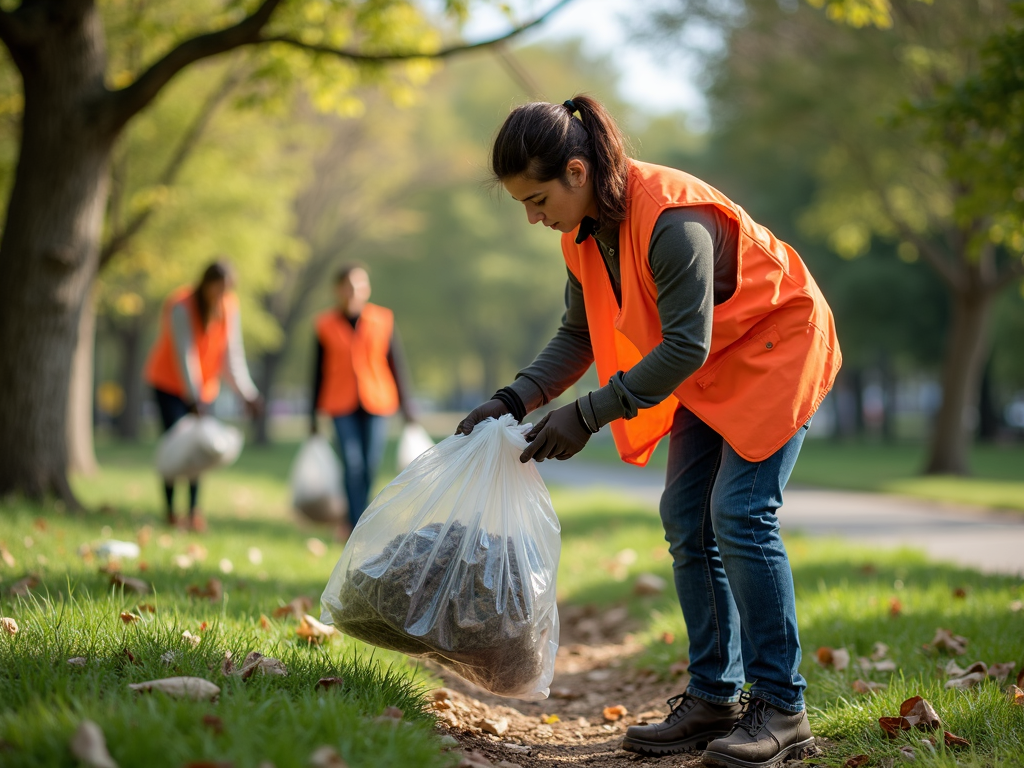Volunteer Opportunities: Where to Start and How to Make an Impact
By , June 30, 2025
Overview
Volunteer opportunities are everywhere, offering a chance to give back while growing personally. Whether you care about education, the environment, or helping others, you can make a difference. This guide walks you through where to start and how to maximize your impact through service learning and civic engagement.

What Are Volunteer Opportunities?
Volunteer opportunities let you use your time and skills to help others without expecting payment. Think of activities like tutoring kids, cleaning up a neighborhood, or supporting disaster relief efforts. These actions strengthen communities and give you a sense of purpose. According to the Corporation for National and Community Service, over 60 million Americans volunteer yearly, adding massive value to society.

Where to Start
Finding the right volunteer opportunity begins with you. Ask yourself: What do I care about? What can I do well? If you love animals, look for shelters needing help. If teaching excites you, seek tutoring programs. Here’s how to get going: - Identify your passions and skills: Match what you love with what’s needed. - Research options: Check sites like VolunteerMatch or local community boards. - Reach out: Call or email organizations to learn more. Start small—trying one event can lead to bigger commitments.

Service Learning and Civic Engagement
Service learning blends education with community service. It’s popular in schools, letting students use classroom lessons in real life—like building homes to learn engineering. Stanford University offers programs that show how it works. Civic engagement means taking part in your community to solve problems. Volunteering ties these together, building skills and responsibility while helping others.

How to Make an Impact
Making a difference starts with clear goals. Don’t aim to fix everything at once—focus on what you can do. Build trust with the people you’re helping by listening to them. Over time, your efforts add up. Try these steps: - Set realistic goals: Plan what you want to achieve. - Connect with others: Relationships make your work stronger. - Reflect: Think about what you’ve done and learned. Sharing your story can also inspire more people to join in.

Personal Insights
I remember my first time volunteering at a food bank. I sorted canned goods and packed boxes, expecting it to be simple. But talking to the staff opened my eyes—each box fed a family for days. It hit me how small actions ripple out. The work wasn’t always easy; some days we ran low on supplies, and I wondered if it mattered. Yet, seeing grateful faces kept me going.

Challenges come up, like feeling overwhelmed or doubting your impact. I learned to focus on the wins—like knowing a kid ate because of us. Volunteering taught me patience and showed me how communities grow stronger together. It’s not just about giving; you gain confidence and perspective too.

Why Volunteer?
Volunteering does more than help others—it changes you. Studies from The University of Texas show it boosts mental health and builds skills like teamwork. Whether you’re a student exploring service learning or someone wanting to give back, it’s a win-win. Plus, it’s flexible—there’s something for everyone, from one-day events to ongoing roles.
Tips for Success
Want to stick with it? Pick a cause you’re excited about—it keeps you motivated. Be consistent; showing up regularly builds trust. Don’t be afraid to learn new things—volunteering often pushes you out of your comfort zone. And always take a moment to see the good you’re doing, even if it’s small.

Summary
Volunteer opportunities are your chance to shape the world while growing yourself. Start by finding what sparks your interest, dive into service learning or civic engagement, and watch your impact unfold. Every step counts. Ready to begin? Your community’s waiting.